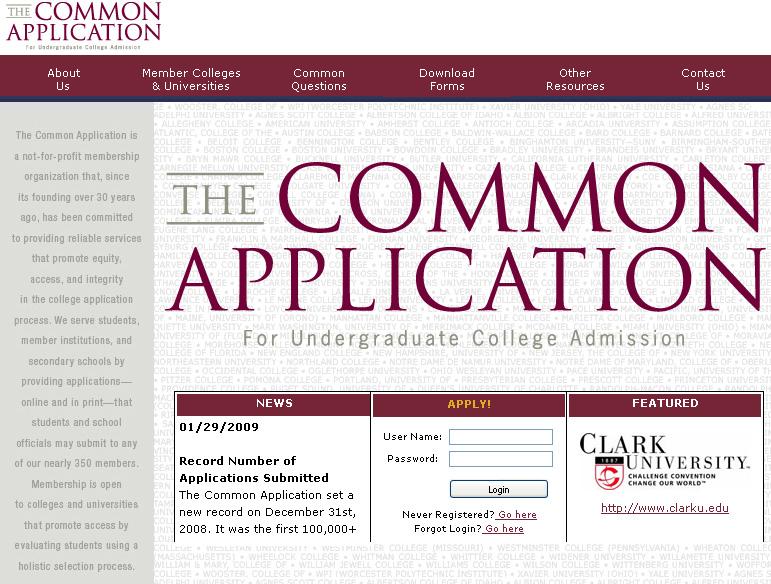College Daze – Picking the Right College for You
More stories from Claire CIsler
College is right around the corner. Parents are pressuring their children to look into college. The students are studying and stressing about the ACT and SAT. Sadly, however, applying for colleges has changed over time and the process is different. Where does one start?
Find your interests!
What kind of career are you looking to pursue? What do you want to do in your free time?

If you are like most of the student body, you have no idea what your interests are. The first step to identifying your interests is to take surveys that are arranged to help search for majors that would appeal to you.
“You can go back onto Naviance and look at your surveys from previous years,” says Mr. Paul Giese, the new counselor at Ralston Valley.
You have to reflect on what you used to do in your free time and what you do now. Do you watch criminal justice shows? Do you watch documentaries about the war and are interested in politics? Then you must consider your favorite subjects in school. In addition, what did you excel at? Once you find clubs or ideas that stand out to you, then you can advance to the next step.
Majors and Minors? Where in the country?
“Basically you have to decide what you want,” says Giese. “What do you want to study and where do you want to live for four or five years.”
What location suits you? For example, if you don’t like the cold, you should not live in Michigan or Alaska. Do you have the money to go out of state? If so, which state or other country would you be interested in? Did you take a foreign language and want to study abroad? You could go to Spain or France and learn the culture.
How to look for colleges that fit you.
The most important step to take is to attend college fairs and talk to your counselor. Also, educate your parents about what you are looking for and allow them to take you to campus tours. They know you better than anyone, and they will have a good judgment on whether or not you will like a certain college.
“College is like buying a house, if you don’t go out, look at the product, and gather information, then you can’t make a well informed decision,” Mrs. Bernie Weber says.
Some parents want someone to tell their child where to go, however it’s a long process to deciding what will make one happy as well as the steps to achieve that. Don’t make irrational decisions; instead do the research.
“I wanted to go to a school with a petroleum and mechanical engineering program,” says senior Will Cribbs. “I also knew I wanted a big school experience. I looked at all my options and narrowed them down on my list of possible colleges.”
What do colleges look for?
“The most important thing is the courses you’re taking and the rigor,” says Weber.
Colleges seek dedicated hard working students who challenge themselves in their academic curriculum. So maybe you didn’t get that A, you did take an honors or AP course and they take that into account.
“Students need to be realistic about what their skills and abilities are,” says Weber.
For example, if you have a 2.4, you probably shouldn’t be looking into Harvard or any other Ivy League schools. That is an improbable dream. However if you have a 3.8, do many extracurricular activities and are looking to attend an upper echelon school, have at it and send in an application. Don’t knock it until you try it.
Seeking Financial Aid
“Once you get a school that’s realistic and matches your skills then you can apply for financial aid,” says Weber.
You apply for financial aid during January of your senior year and that goes through the government. The government decides whether or not they will aid you and if so how much. Ultimately it comes down to the income of your household as well as the number of kids and such.
Some students can apply and receive a Pell Grant. This is a grant sponsored by the United States Department of Education that allows the government to take a look at how much your family will most likely contribute to your college. These grants fund about 5.4 million students either fully or partially throughout the country. The student must not yet have their bachelors and be ready to attend a college.
“My best advice for parents is to start saving,” says Weber.
Nobody can afford college and the only route worth taking is a route where it is beneficial to the student as well as the income source.

